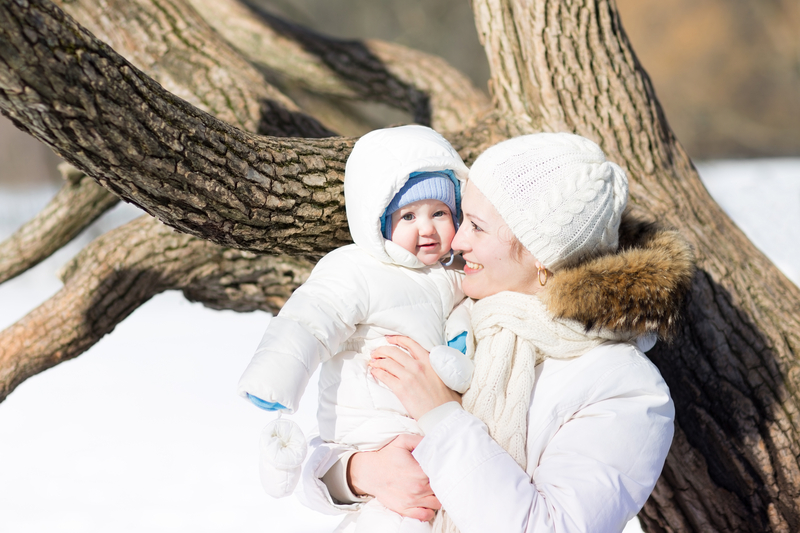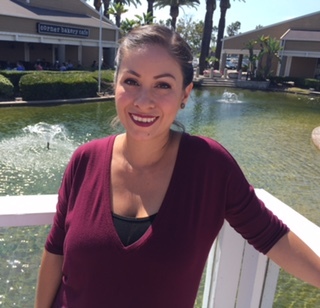Infant Developmental Milestones: Crawling, Walking, & Talking

Published Date: 11/16/22
Look out for these developmental milestones in your baby
As a parent, watching your child’s development is mesmerizing. They start as tiny bundles and you witness their development from completely dependent infants to self-sufficiency.
It happens so fast and in the blink of an eye, they’re learning to drive or graduating from college. If you have an infant, you are likely exhausted from the many sleepless nights, but you can still try to savor the developmental milestones they’ll hit it the first year or two.
Your baby’s growing independence
Each developmental milestone is a path towards increased independence. As your child hits developmental milestones and gains independences, you may find that sleep patterns are disrupted or there’s a week (or two or three) of general fussiness.
Your baby’s growing rapidly and the brain development that occurs during these leaps can cause these things. Typically, they resolve themselves quickly as your child and his/her brain and body get accustomed to the milestone.
It’s important to meet your baby’s needs at all stages of development. While some people think you are spoiling a baby by doing this, providing consistent feelings of secure attachment, safety, and security leads to increased independence later on.
Crawling
When do babies crawl?
All babies need to be held a lot – but some more than others. If you have a high needs baby you may be very much looking forward to your child learning how to crawl so you can give your arms a rest.
"Eco friendly, safe, bpa-free - bamboo plates with lids"
Most babies begin crawling around nine months of age, but of course, there’s a huge amount of variation. Look for these signs that your infant is getting ready to crawl:
- Army or commando crawls – a baby may drag their body across the floor using their arm strength and pushing with their feet and legs, but their belly won’t lift up
- Gets on hands and knees and rocks back and forth – this is a sign your baby is gaining the balance and coordination needed to crawl
- Wants to spend more time on the floor – your baby may show more interested in tummy time than hanging out in the swing or bouncer
- Shows interest in far-away objects during tummy time – an infant may start reaching for things far away before crawling
It is important to properly support your baby's feet as they develop and grow. Look for podiatrist approved baby shoes pre walkers can move naturally in as well as supportive shoes for toddlers who are more active.
YOU'LL ALSO LOVE: THE MYTH OF SELF-SOOTHING
When should I be concerned that my baby isn't crawling?
If your baby isn’t crawling by 12 months, you should speak to your pediatrician. Keep in mind that some babies skip the crawling phase altogether and go straight to walking.
Walking
When do babies learn to walk?
Walking generally happens a few months after crawling as your baby’s balance, muscle tone, and gross motor skills develop. Once they’re up on two feet, get ready to chase them, because they’ll be off running quickly!
YOU'LL ALSO ENJOY: HOW TO RAISE RESILIENT CHILDREN
Keep the camera handy when you see your baby getting ready to walk by doing these things:
- Pulls up to stand – your baby will use furniture to pull themselves up to stand when they’re getting ready to walk
- Cruising – once your child is comfortable pulling themselves up, you’ll likely find that they start cruising – that is, walking while holding onto furniture or even your leg or hands
- Using push toys – walking while holding onto toy shopping carts and other push toys often comes before a baby can walk independently (push toys are fine, but infant walkers should never be used)
- Standing on their own – before your baby takes her or his first steps, you’ll likely find them practicing their balance by standing by themselves
When should I be concerned that my baby isn’t walking?
You should speak with your child’s pediatrician if your baby isn’t walking by 18 months.
Talking
When do babies say their first words?
First words are so exciting, and most parents can’t wait to hear their child utter mama and dada. It’s such a sweet sound to hear.
Babies generally begin understanding some basic words around nine months like, “bye-bye” and “no”. Somewhere around a year, most babies will say their first word, though there’s a wide range of what’s considered typical.
How can I encourage my baby to talk?
You can encourage your baby to speak his or her first words with these tips:
- Talk to your baby – whether you’re cleaning the house or taking a walk, narrate what you’re doing
- Read lots of books and talk about them – instead of just rushing through a book at bedtime, read books throughout the day and talk about what’s on the pages
- Don’t use babytalk – many parents simplify their language but using real words, for example water instead of wawa, helps babies formulate language skills
- Speak in sentences – if your baby is pointing to a book, instead of simply saying, “book” say, “You’d like to read a book! Let me go get it and we’ll read together.”
Remember, talking is only one aspect of communication. Baby sign language can be a tremendously helpful tool to help your child communicate without crying before she or he has the words to use.
YOU'LL ALSO LOVE: OUR FAVORITE CHILDREN'S BOOKS
When should I concerned that my baby’s not talking?
Delayed speech development can manifest in a variety of ways, so make sure you are keeping track of these milestones. Speak with your child’s pediatrician if she or he doesn’t say any basic words like “mama” or “dada” at a year old.
By Crystal Teegarden

Crystal is a gentle parenting mama who loves reading, cooking, and exploring new trails with her husband and son. She is from Los Angeles but currently lives in Portland, OR where she is eating all the vegan food.
Paper Pinecone is the #1 most trusted childcare directory giving parents access to the best preschools and best daycares near you. Parents always search free and childcare providers always list free. Send inquiries about the best daycares and preschools to [email protected].
- access_1520's blog
- Log in or register to post comments



